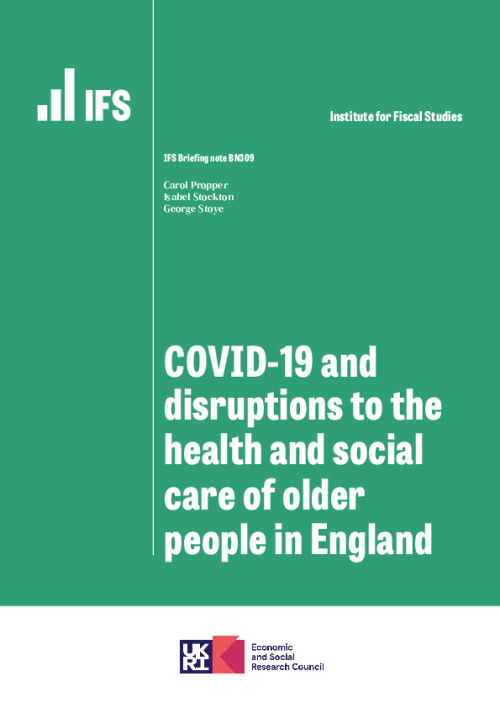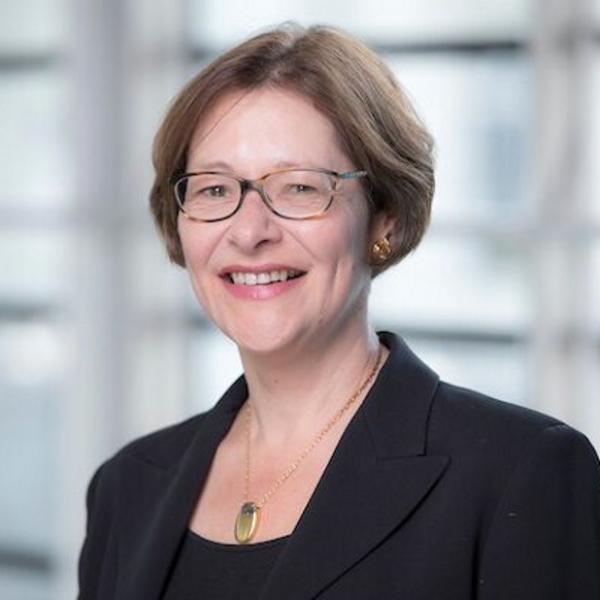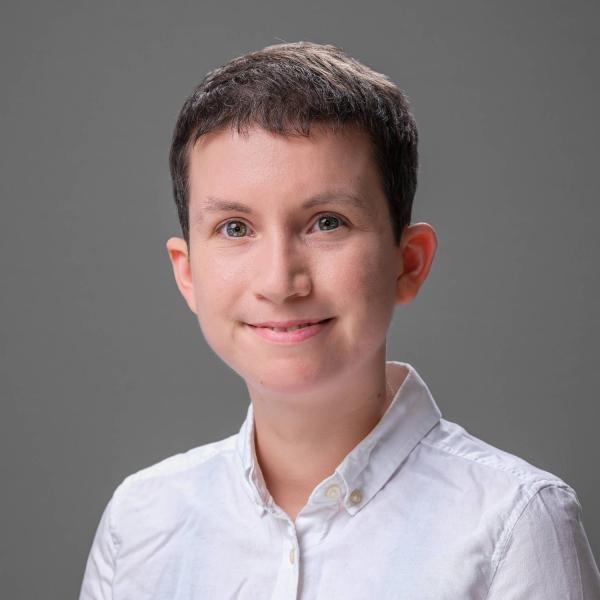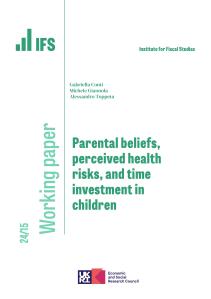The COVID-19 pandemic has led to dramatic changes in the delivery of routine
health care in England. To prioritise access to hospital beds, staff and ventilators for COVID-19 patients, and to minimise the risk of infection for other patients, much routine health care was postponed or replaced with online or phone consultations. In addition, many would-be patients declined to seek care in the first place. In this briefing note, we use novel data to quantify these disruptions to care among older people in England in the early stages of the pandemic, and to examine who was most affected.
Widespread disruption of health care during the pandemic
Newly available data from the English Longitudinal Study of Ageing show that many of the over-50 population were unable to access health care services during the early stages of the COVID-19 pandemic in England. A sixth of older people report having hospital treatment cancelled, with an additional one in ten unable to visit or speak to their GP. Access to community health and social care has also been severely disrupted.
Poorer and sicker individuals worst affected
The burden of disruptions to health care services has disproportionately fallen on those living in the most deprived areas and those with worse underlying health. These individuals are most likely to require care in the first place, and least likely to be able to substitute temporarily for other types of care, or to forgo care entirely for a period of time. With routine services only slowly returning to their pre-pandemic capacity, and a large backlog of care to be worked through, long-standing health inequalities are likely to be exacerbated for years to come. These findings underline the importance of boosting capacity to address care backlogs as soon as possible.
Key findings:
1. Disruptions to hospital care were widespread during the early stages of the pandemic. A sixth of the over-50 population in England – that is 3.6 million individuals – had hospital treatment or an operation cancelled.
2. Hospital cancellations were most common for heavy users of hospital services. Older people, those living in more deprived areas and those with worse self-reported health were most likely to experience a disruption to their hospital care.
3. Disruptions to the use of GP and community health and social care services were also widespread. Almost a quarter of those reporting that they needed to speak to a GP did not, while almost three-quarters of those reporting that they needed community health and social care services did not use these.
4. Much more impressively, access to prescription medication continued largely unaffected. Less than 1% of the population reported that they could not access their regular medication.
5. Individuals previously reporting a worse health status were more than twice as likely not to see or talk to a GP when they sought one than those previously reporting an excellent general health status. 12.8% of those who reported ‘poor’ or ‘fair’ health failed to see a GP when attempting to do so, compared with just 5.8% among those with ‘excellent’ health.
6. Those living in the most deprived areas were most affected by disruptions to community services. 37% of those living in the least deprived areas did not access these services even after attempting to do so, increasing to 46% among those living in the most deprived areas.
7. Care-seeking behaviour changed radically in the early stages of the pandemic, with a significant proportion of patients with care needs not actively seeking help. 14% of those requiring GP care, and more than a third of those reporting that they needed community care services, did not contact these services.












